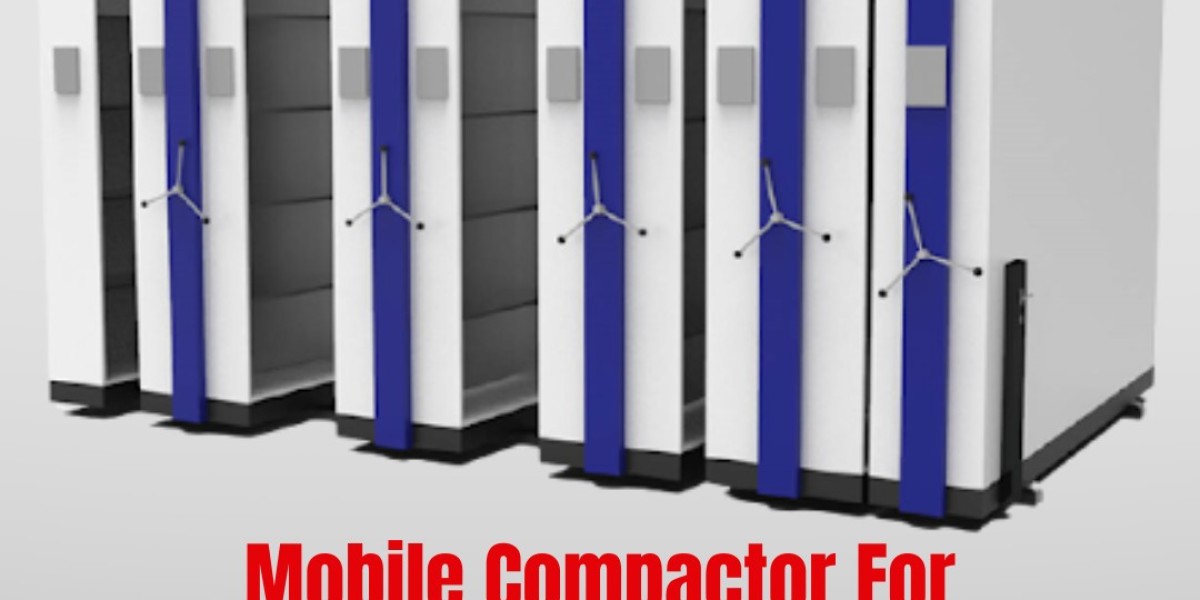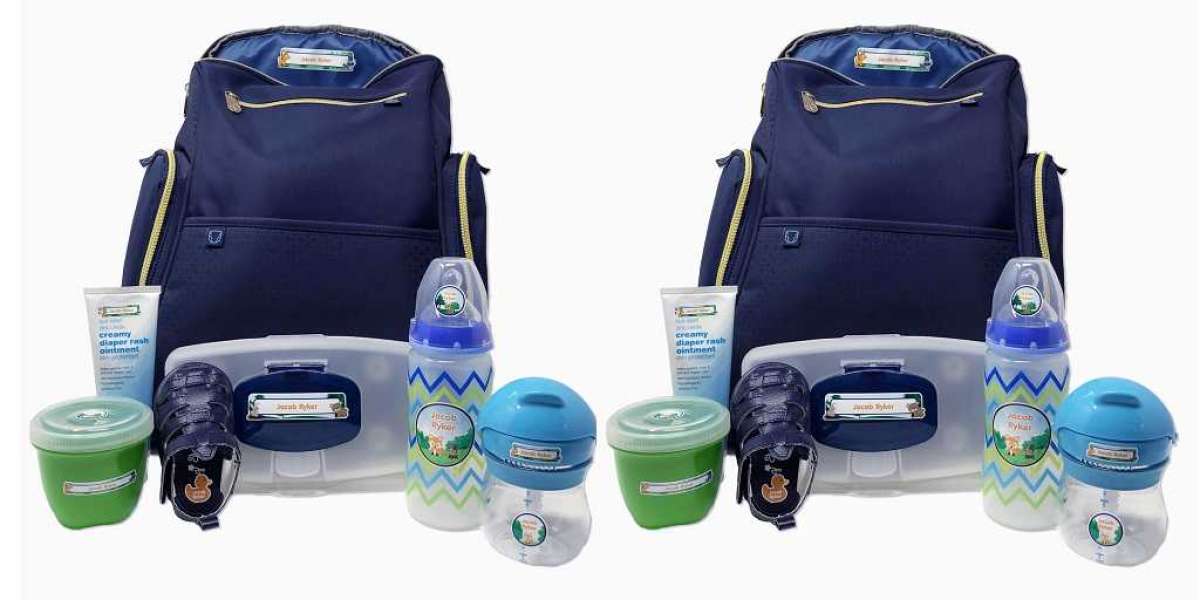When it comes to optimizing storage space, especially in environments where every square foot counts, the choice between mobile storage compactors and traditional shelving or static storage solutions becomes crucial. While the initial cost is a significant factor, it’s essential to consider long-term benefits, efficiency, and space utilization.
1. Initial Investment
Mobile Compactors - The upfront cost of mobile compactors is typically higher than that of traditional shelving due to the advanced mechanisms and materials used in their construction. These systems often include tracks, wheels, and locking mechanisms to ensure smooth and safe operation.
Traditional Shelving - Static shelving solutions generally require a lower initial investment. These systems are simpler, with fewer moving parts and typically lower manufacturing costs.
2. Space Utilization
Mobile Compactors - One of the most significant advantages of mobile compactors is their ability to maximize storage capacity. By eliminating the need for multiple access aisles, mobile compactors can increase storage efficiency by up to 50–80% compared to traditional shelving. This enhanced space utilization often translates into long-term cost savings, as it may reduce the need for additional storage space or facilities.
Traditional Shelving - Traditional static shelving requires fixed aisles for access, which can consume a substantial amount of space. In environments where space is limited, this can lead to less efficient storage and, potentially, the need for additional square footage.
3. Operational Costs
Mobile Compactors - While the initial investment is higher, mobile compactors can lead to lower operational costs over time. Their increased storage density can reduce the need for additional storage space, and their durability often results in fewer maintenance and replacement costs.
Traditional Shelving - Static shelving may require less maintenance in the short term, but the need for more floor space can result in higher long-term costs, especially if additional facilities or renovations are required to accommodate storage needs.
4. Flexibility and Scalability
Mobile Compactors - Mobile compactors offer superior flexibility. They can be easily adjusted, relocated, or expanded as storage needs grow or change. This scalability can lead to cost savings by reducing the need for significant reconfigurations or expansions.
Traditional Shelving - Static shelving is less flexible and often requires more extensive modifications or replacements when storage needs evolve. This can lead to higher costs in the long run, particularly in dynamic environments where storage demands frequently change.
5. Long-Term Value
Mobile Compactors - Despite the higher initial investment, the long-term value of mobile compactors often outweighs the costs. Their ability to maximize space, reduce the need for additional facilities, and adapt to changing needs makes them a cost-effective solution over time.
Traditional Shelving - While more affordable upfront, traditional shelving may lead to higher long-term costs due to less efficient space utilization, potential expansion needs, and limited scalability.
While Vishal Steel Products mobile compactors may require a higher initial investment compared to traditional shelving or static storage solutions, their superior space utilization, flexibility, and potential for long-term cost savings make them a smart choice for organizations looking to optimize their storage solutions. Over time, the efficiency and adaptability of mobile compactors can offset their initial costs, offering a more cost-effective and sustainable solution for growing storage needs.



